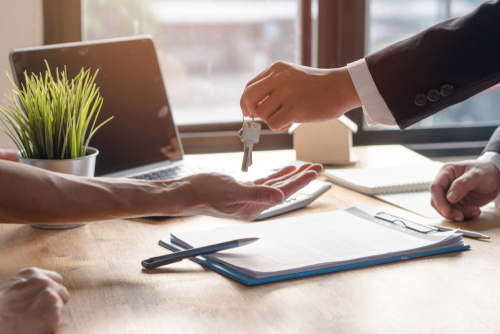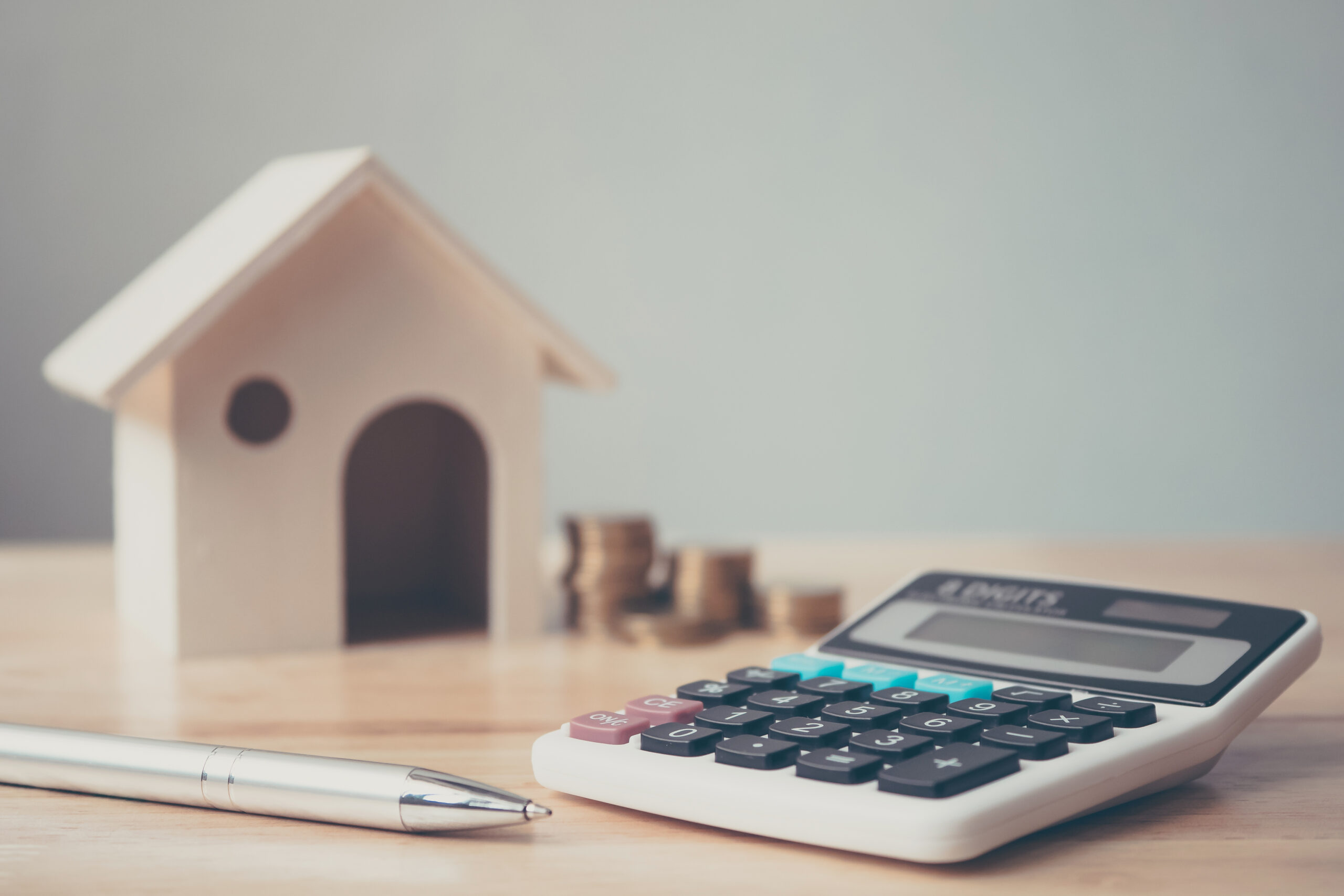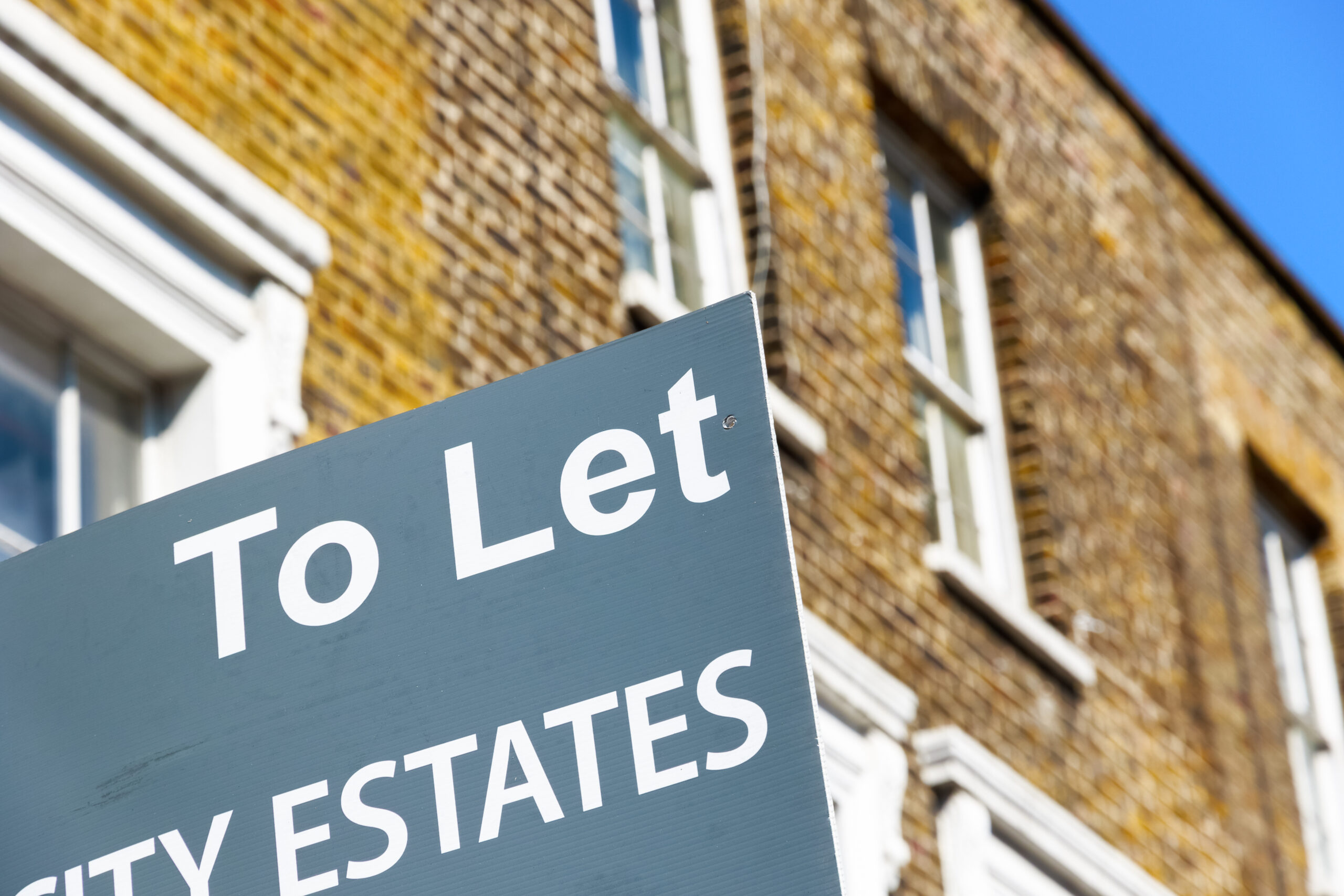Landlords - Are you ready for Making Tax Digital?
Are you ready for the shift to Digital Record Keeping?
From 2026 any self employed business, sole trader or landlord with income over £10,000 will have to file under Making Tax Digital Rules. We’ll handle it all for you, from £10+VAT per month.

Making Tax Digital Rules
These rules increase the numbers of filings to HMRC from 1 to 5 per year and require tax payers to undertake Digital Record Keeping
Digital Record Keeping does not allow tax payers to file directly onto the HMRC website, you will have to use a piece of third party software in order to do it.
Confused? Fear not – Mazuma can do it all for you from just £10+ VAT per month. We have a team of expert accountants for landlords.
Benefit from data entry, bookkeeping, filing to HMRC and tax returns, as well as access to our secure online portal and invoicing tool.
Tax Tips for Landlords
Claim Replacement of Domestic Item Relief
The replacement of domestic items relief has been in place since April 2016. The relief allows landlords to claim tax relief when they replace movable furniture, furnishings, appliances and kitchenware in a rental property. The relief only applies when landlords actually replace furniture, furnishings, appliances and kitchenware. Landlords must also ensure they keep a record of any capital expenditure which has been incurred on an investment property.
It is also important to try and ensure that any domestic items that are bought with the property are listed in the contract. This would then mean that relief would be available when these items are replaced. In addition, it may be possible to reduce the stamp duty payable in certain circumstances by allocating a reasonable proportion of the purchase price for any domestic items included in the sale. There is no relief available for the initial cost of domestic items purchased for a new or existing rental property.
Claim tax relief on finance costs
The tax relief on finance costs used to buy investment properties has been restricted to the basic rate of tax since 6 April 2020. Any relief is restricted to the basic rate of tax (20%) tax reduction, but it is still important to remember to claim.
Finance costs include interest on mortgages, loans – including loans to buy furnishings and overdrafts as well as alternative finance returns, mortgage fees and other costs and discounts, premiums and disguised interest.
Claim allowable expenses wholly and exclusively
It may seem obvious, but it is important for landlords to remember to claim all their tax-deductible expenses.
Expenses that can be claimed for include:
- Business mileage including costs travelling back and forth to rental properties
- Ground rent on the property
- Services such as gardening and cleaning
- Utility bill and council tax, if the property is not rented
- Insurance costs
- Advertisement costs
- Cost of safety certificates
- Advisory fees such as legal and accountancy
- Letting agent fees
- Subscription to property related services
Landlords can also claim the costs of running a home office.

Property in joint ownership
As a general rule, property income held in joint names is divided 50:50 for couples who live together with their spouse or civil partners. This is regardless of the actual ownership structure.
However, where there is unequal ownership split, the couple can elect to have the rental income taxed on that basis. Where property is held in an unequal split, making what is known as a Form 17 declaration can have positive tax advantages where the majority owner of the property pays tax at a lower marginal rate than their partner.
The declaration stays in place until there is either a change in the status of the couple i.e. separation or divorce or a change in the ownership structure. If either of these occur the 50:50 income split will reapply. There are also a number of limited scenarios where a declaration cannot be made, such as for commercial letting of furnished holiday accommodation and for partnership income.
Cash basis for landlords
The cash basis scheme allows landlords to benefit from a simpler way of managing their financial affairs. The cash basis scheme allows landlords to use the cash basis when recording income and expenditure i.e. recording the flow of money from and to the business based on actual money flows.
The scheme is not open to limited companies and limited liability partnerships. The entry threshold for the cash basis scheme is £150,000 and landlords can stay in the scheme until their business turnover reaches £300,000.

Let property disclosure campaign
The Let Property Campaign provides landlords who have undeclared income from residential property lettings in the UK or abroad with an opportunity to regularise their affairs by disclosing any outstanding liabilities whether due to misunderstanding the tax rules or because of deliberate tax evasion. Participation in the campaign is open to all residential property landlords with undisclosed taxes. The campaign is not suitable for those letting out non-residential properties.
Use a limited company
Landlords that have a property business or are considering starting to invest in properties should consider the optimum structure for their property business.
For some landlords it can be beneficial to incorporate. However, this is not a straightforward decision. Incorporated landlords pay Corporation Tax on their profits which is currently 19%, however there are additional tax costs to withdraw money from the company. This can be partially offset by adopting a high dividend / low salary approach. In addition, mortgage interest is still an allowable expense for incorporated landlords.


